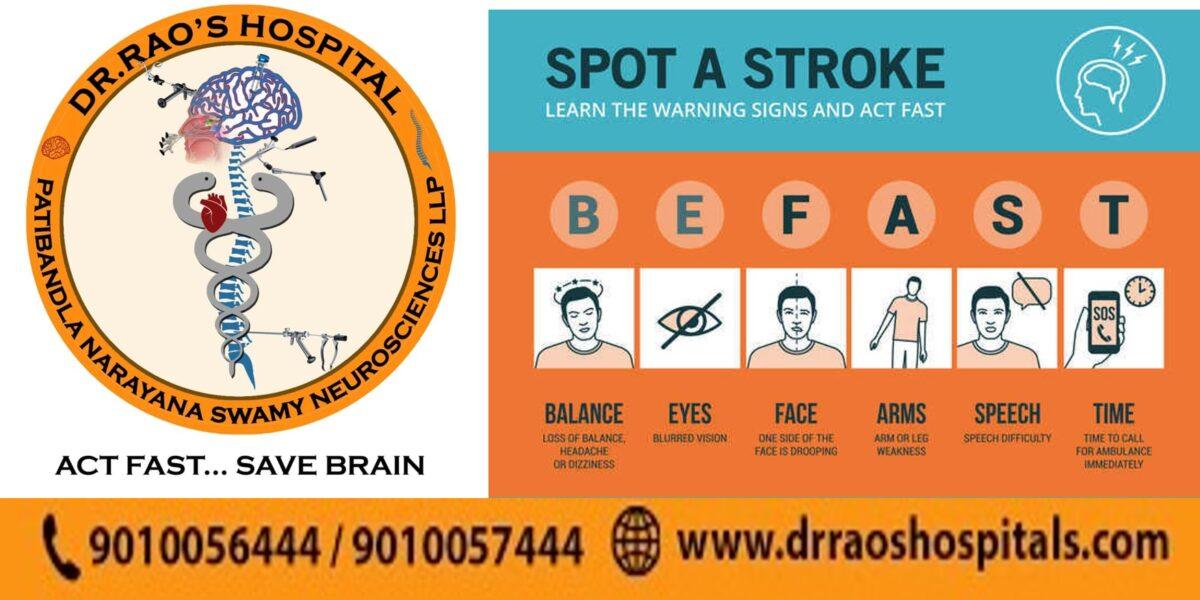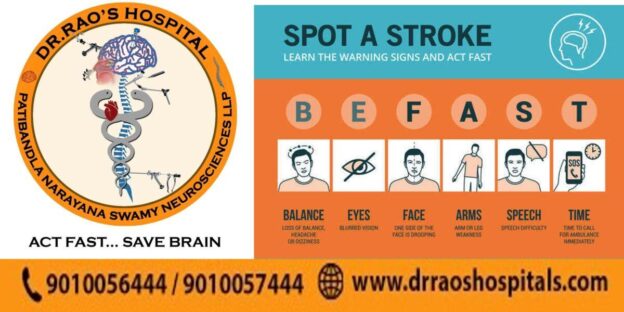The Best Muscle Weakness Treatment is at Dr Raos Hospital
Muscle weakness is a common symptom that can be caused by a variety of underlying conditions. While some causes of muscle weakness are benign and resolve on their own, others can be indicative of more serious underlying health problems. This essay will explore some of the common causes of muscle weakness, as well as some of the systemic diseases that can be associated with it. Additionally, this essay will discuss the importance of proper diagnosis and treatment of muscle weakness, as well as some tips for prevention. Looking for the best management or treating center for the muscle weakness, look no further than Dr Raos hospital or Dr Rao, best in the field. call us at 9010056444
Causes of muscle weakness
Many health conditions can cause muscle weakness.
Examples include:
- neuromuscular disorders, such as muscular dystrophies, multiple sclerosis (MS), amyotrophic lateral sclerosis (ALS)
- autoimmune diseases, such as Graves’ disease, myasthenia gravis, and Guillain-Barré syndrome
- thyroid conditions, such as hypothyroidism and hyperthyroidism
- electrolyte imbalances, such as hypokalemia (potassium deficiency), hypomagnesemia (magnesium deficiency), and hypercalcemia (elevated calcium in your blood)
Other conditions that may cause muscle weakness include:
- stroke
- herniated disc
- chronic fatigue syndrome (CFS)
- hypotonia, a lack of muscle tone that’s usually present at birth
- peripheral neuropathy, a type of nerve damage
- neuralgia, or sharp burning or pain following the path of one or more nerves.
- polymyositis, or chronic muscle inflammation
- prolonged bed rest or immobilization
- alcoholism, which can cause alcoholic myopathy
Muscle weakness can also be caused by complications from certain viruses and infections, including:
Botulism, a rare and serious illness caused by Clostridium botulinum bacteria, can also lead to muscle weakness.
Prolonged use of certain drugs may also result in muscle weakness.
These drugs include:
- statins and other lipid-lowering agents
- antiarrhythmic drugs, such as amiodarone (Pacerone) or procainamide
- corticosteroids
Benign causes of muscle weakness
One of the most common benign causes of muscle weakness is simply overexertion. When we use our muscles more than they are accustomed to, they can become weak and fatigued. This type of muscle weakness is usually temporary and will resolve on its own with rest and relaxation. Another common cause of muscle weakness is dehydration. When we are dehydrated, our muscles do not have enough fluid to work properly and can become weak. Dehydration can be caused by not drinking enough fluids, sweating excessively, or vomiting and diarrhea. It is important to drink plenty of fluids and replenish electrolytes when we are dehydrated to prevent muscle weakness.
Systemic Diseases Associated with Muscle Weakness
There are a number of systemic diseases that can cause muscle weakness. One of the most common is diabetes. Diabetic neuropathy, or nerve damage caused by diabetes, can lead to muscle weakness. Other systemic diseases that can cause muscle weakness include thyroid problems, anemia, and kidney disease. It is important to consult with a doctor if you are experiencing muscle weakness, as it could be indicative of an underlying health problem.
Diagnosis and Treatment of Muscle Weakness
If you are experiencing muscle weakness, it is important to consult with a doctor to determine the underlying cause. A variety of tests can be used to diagnose the cause of muscle weakness, including blood tests, electromyography, and nerve conduction studies.
Treatment for muscle weakness
Once the cause of muscle weakness has been determined, treatment can be initiated. Treatment for muscle weakness will vary depending on the underlying cause. For example, if muscle weakness is caused by dehydration, treatment will involve replenishing fluids and electrolytes. If muscle weakness is caused by diabetes, treatment will involve managing blood sugar levels.
Physical therapy
Occupational therapy
Medication
Dietary changes
Surgery – herniated disc or hyperthyroidism.
Prevention of muscle weakness
There are a few things that can be done to prevent muscle weakness. First, it is important to stay hydrated by drinking plenty of fluids throughout the day. Second, it is important to warm up before participating in any physical activity. Warming up helps to increase blood flow to the muscles and can prevent injury. Finally, it is important to listen to your body and not push yourself too hard. If you are feeling fatigued or weak, take a break and rest.
Recognizing a potential emergency
In some cases, muscle weakness can be a sign of something very serious, such as a stroke.
If you experience any of the following symptoms, call 104 or 9010056444 or your local emergency services immediately:
- sudden onset of muscle weakness
- sudden numbness or loss of feeling
- sudden difficulty moving your limbs, walking, standing, or sitting upright
- sudden difficulty smiling or forming facial expressions
- sudden confusion, difficulty speaking, or trouble understanding things
- chest muscle weakness resulting in difficulties breathing
- loss of consciousness
Conclusion
Muscle weakness is a common symptom that can be caused by a variety of underlying conditions. While some causes of muscle weakness are benign and resolve on their own, others can be indicative of more serious underlying health problems like stroke. It is very important to call for support if the onset of the muscle weakness is sudden in onset. Muscle weakness is a common symptom of stroke. It can cause difficulty with activities of daily living, such as dressing and bathing. Muscle weakness can also lead to falls and fractures. If you or a loved one has experienced muscle weakness after a stroke, it is important to seek medical help. There are treatments available that can help improve muscle strength and function. Looking for the best management or treating center for the muscle weakness, look no further than Dr Raos hospital or Dr Rao, best in the field. call us at 9010056444


